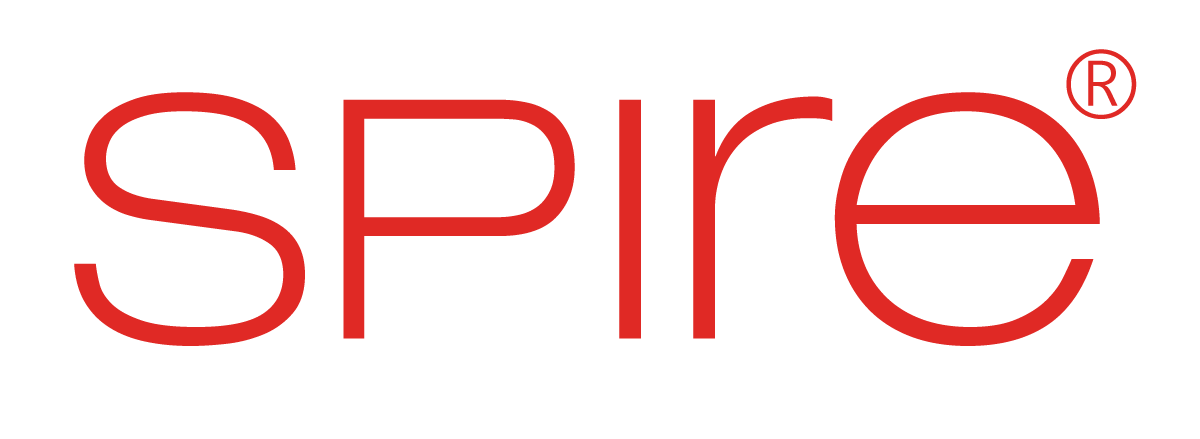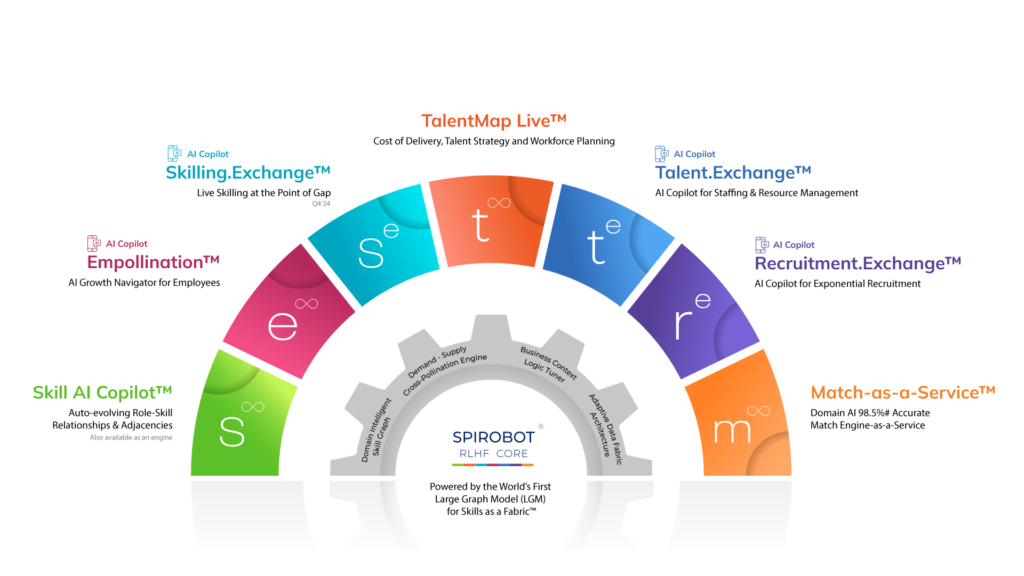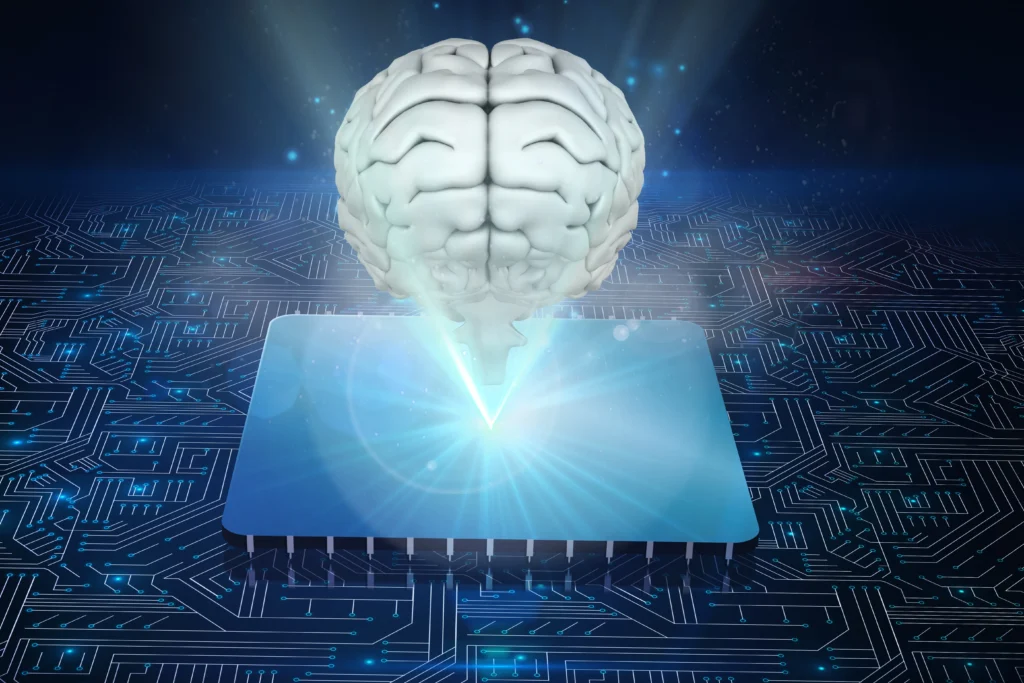In today’s high-velocity business environment, skilling is no longer a static or periodic endeavor. Enterprises are grappling with talent shortages, fast-changing job roles, and an unpredictable future of work. Conventional learning models, reliant on scheduled training sessions and rigid learning management systems are failing to keep pace. The result? A widening skills gap, slower time-to-productivity, and rising employee disengagement.
But what if skilling could happen not after the fact, but exactly when it’s needed? What if employees could learn in the flow of work, aligned to the roles they’re evolving into? This is the transformative promise of real-time, role-aligned learning at scale a challenge that Spire.AI is uniquely positioned to solve.
The Bottleneck: Why Conventional Skilling Falls Short
Legacy L&D systems were built for a more predictable era, one where job roles evolved slowly and standardized training cycles were sufficient. In such an environment, learning pathways could afford to be generalized, with annual or bi-annual programs that addressed broad skill requirements.
The Conventional vs. Real-Time Skilling Comparison
|
Conventional Skilling |
Real-Time Skilling (Spire.AI) |
|
Scheduled Training (quarterly) |
Continuous Learning Recommendations |
|
Generic Content |
Role-Relevant Content |
|
Delayed Gap Identification |
Real-Time Gap Detection |
|
Low Engagement |
Personalized Learning Journeys |
Training programs were tied to the calendar, not to the individual or the actual business context. Moreover, skill gaps were detected only after they had already impacted performance, through missed targets, customer dissatisfaction, or rising attrition rates. By the time organizations responded, it was often too late. The result? A disconnect between business needs and workforce readiness, leaving companies unprepared to pivot at speed.
In contrast, the modern enterprise demands:
- Continuous learning tailored to evolving job functions
- Real-time identification of skill gaps
- Contextual, on-the-job skilling aligned to immediate tasks and long-term goals
These demands expose a bottleneck in traditional skilling approaches: they simply aren’t agile enough.
Shifting Paradigms: From Static to Dynamic Skilling
The rules of skilling have changed. In an era defined by rapid technological disruption, shifting business models, and volatile market conditions, traditional skilling approaches, structured, periodic, and uniform have become obsolete. To build a workforce that can thrive in the face of change, organizations must adopt a more agile, responsive approach: dynamic skilling.
Dynamic skilling is about continuously aligning talent development with the real-time needs of both the business and the individual. It’s about embedding learning into the daily rhythm of work, ensuring that employees acquire new capabilities precisely when they are needed whether that’s launching a new product, adopting a new technology, or moving into a new role.
This paradigm shift is underpinned by three core pillars:
- Contextual: Learning must be anchored in the here and now. It should respond to immediate challenges employees face on the job, whether it’s mastering a new tool, adjusting to a regulatory change, or navigating a new customer segment. Skilling in context improves retention and application.
- Personalized: No two employees are alike. Career goals, proficiency levels, and learning preferences differ. Dynamic skilling tailor’s interventions to each individual, helping them close their unique skill gaps while supporting their long-term growth.
- Scalable: To make a meaningful impact, skilling systems must work at enterprise scale. They need to support thousands of employees across departments, regions, and job roles—while still maintaining relevance and agility.
This is where Spire.AI’s Empollination™ AI Copilot for Employees steps in.
The Spire.AI Solution: Skilling at the Point-of-Gap
Spire.AI reimagines enterprise skilling by addressing its most critical limitation: timing. Instead of treating learning as a separate, standalone activity, Spire.AI embeds it directly into the workflow, enabling upskilling exactly when and where it is needed. This is a departure from conventional models that often deliver training too early, too late, or without relevance to the employee’s actual role and challenges.
Empollination™ AI Copilot for Employees is a dynamic AI-powered skilling engine that makes learning continuous, contextual, and impactful. The Copilot is designed to function as a digital guide that anticipates workforce needs and delivers proactive support, empowering employees to build capabilities at the pace of business.
By combining cutting-edge AI technologies with deep domain intelligence, the Empollination™ Copilot drives real-time, role-aligned learning through a tightly integrated system of benchmarking, skills gap detection, and hyper-personalized content delivery. Unlike traditional LMS platforms that require learners to leave their work environments, Spire.AI delivers learning in-the-moment, seamlessly embedded in tools employees already use. Whether it’s through a CRM, communication tool, or internal portal, the Copilot meets employees where they are, making learning a frictionless part of their daily experience.
This approach not only removes the delays and inefficiencies of scheduled skilling but also ensures that every learning moment is purposeful, role-relevant, and aligned with both organizational goals and employee aspirations. With Spire.AI, enterprises are not just skilling for today, they are building resilient, future-ready workforces that can evolve alongside the business.
Here’s how it works:
- Role Benchmarking: The system benchmarks employee capabilities against evolving, growth-focused roles using the Spire Graph, a Large Graph Model (LGM) for Skills that understands roles, skills, and domain-specific contexts.
- Gap Identification: Agent Sigma™, Spire.AI’s autonomous AI agent, continuously identifies emerging skill gaps based on job performance, project requirements, and market shifts.
- Point-of-Need Skilling: Once a gap is detected, the Copilot delivers curated micro-learning content, practice tasks, or mentoring opportunities, right when and where it matters.
- Career Pathing: Beyond immediate skilling, employees receive AI-driven recommendations for role transitions, certifications, and future learning trajectories.
Business Impact: Why This Matters Now
In an era where transformation is constant, driven by digitization, AI, and shifting market dynamics, organizations can no longer afford delays in workforce readiness. The pressure to respond swiftly to change has turned skills into perishable commodities, and the ability to close skill gaps in real time has become essential to maintaining a competitive edge. It’s no longer sufficient to rely on static training models or quarterly learning cycles.
Enterprises today require learning solutions that are not only fast and flexible but also aligned with the real roles employees are stepping into. Real-time, role-aligned learning, as enabled by Spire.AI, transcends traditional skilling boundaries. It doesn’t merely fill knowledge gaps, it powers agility, boosts innovation, and strengthens organizational resilience. By embedding learning into the flow of work and personalizing it to each employee’s context, Spire.AI is redefining how businesses equip their people and scale their potential.
For HR leaders, this means better alignment between talent development and workforce planning. With visibility into current capabilities and future role requirements, they can make data-driven decisions on hiring, internal mobility, and reskilling investments. Learning & Development (L&D) teams gain a powerful tool to move beyond generic training to more strategic, outcome-driven interventions delivered just in time and tailored to individual needs.
Business units benefit from a workforce that is not only competent but confidently prepared to take on evolving challenges. The traditional lag between skilling and performance is eliminated, enabling quicker onboarding, smoother project execution, and stronger cross-functional collaboration.
For HR leaders, L&D teams, and business units, this approach delivers measurable benefits:
- Faster time-to-productivity: Employees upskill in real time without waiting for formal training.
- Higher engagement: Personalized skilling boosts relevance and retention.
- Improved mobility: Employees gain visibility into adjacent roles and skill pathways.
- Stronger workforce resilience: Organizations become more adaptable to change.
Case-in-Point: Real-Time Skilling at Scale
Imagine a financial services firm rolling out a new digital lending product. With traditional skilling models, training modules would be developed, approved, and scheduled, a process that takes weeks or months. By then, market dynamics may have shifted.
With Spire.AI, relationship managers working on the new product are instantly benchmarked against required skills. Gaps in regulatory knowledge, digital tools, or customer onboarding techniques are flagged. Personalized modules are delivered in real time, within the tools employees already use.
Within days, the team is not only trained but actively applying their new skills. The result? Accelerated product launch, improved compliance, and better customer experience.
The Secret to Scale: AI-Powered Automation + Human-Centered Design
What makes Spire.AI truly scalable is its intelligent automation. AI Agents like Sigma™ autonomously analyze data, detect gaps, and trigger learning interventions. Yet the system is designed with a human-centered philosophy:
- No disruption to workflows
- Learning in native tools and platforms (Slack, Teams, CRM)
- Customizable to industry, role, and organizational goals
This balance of autonomy and personalization allows enterprises to deploy the solution across thousands of employees without the friction of traditional L&D rollouts.
The Road Ahead: From Skill Gaps to Strategic Advantage
Skilling is no longer a backend HR function. In today’s economy, it’s a strategic lever. Organizations that can reskill and redeploy talent faster gain a competitive edge in agility, innovation, and growth.
Spire.AI empowers leaders to:
- Create adaptive talent supply chains
- Elevate internal talent mobility
- Future-proof their workforce
Conclusion: Your Workforce, Reinvented
The skilling bottleneck isn’t just a training problem. It’s a systemic barrier to business performance, innovation, and employee satisfaction. By embracing real-time, role-aligned learning at scale, enterprises can unlock a new era of workforce agility.
Spire.AI’s Empollination™ Copilot ensures that learning doesn’t just catch up to business, it keeps pace, anticipates needs, and fuels the future.
The next frontier of skilling isn’t about more training. It’s about smarter, faster, and more contextual learning, delivered exactly when your people need it most.







